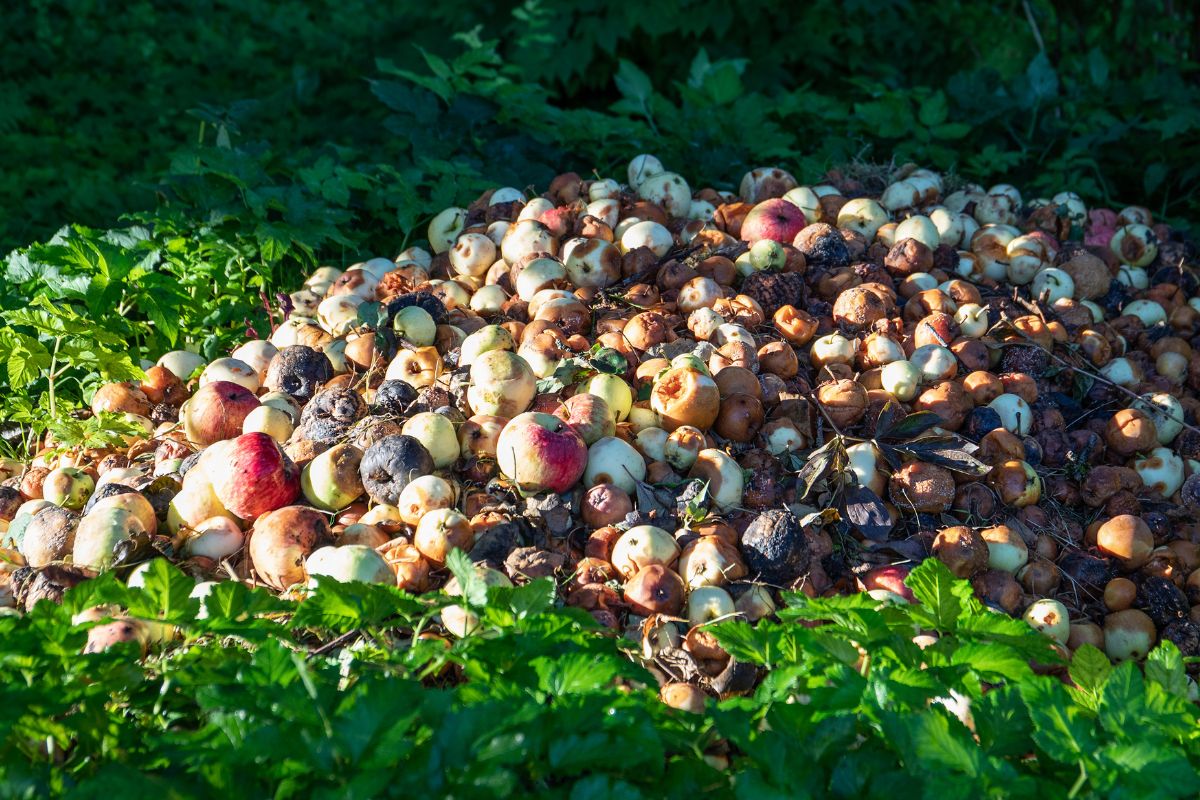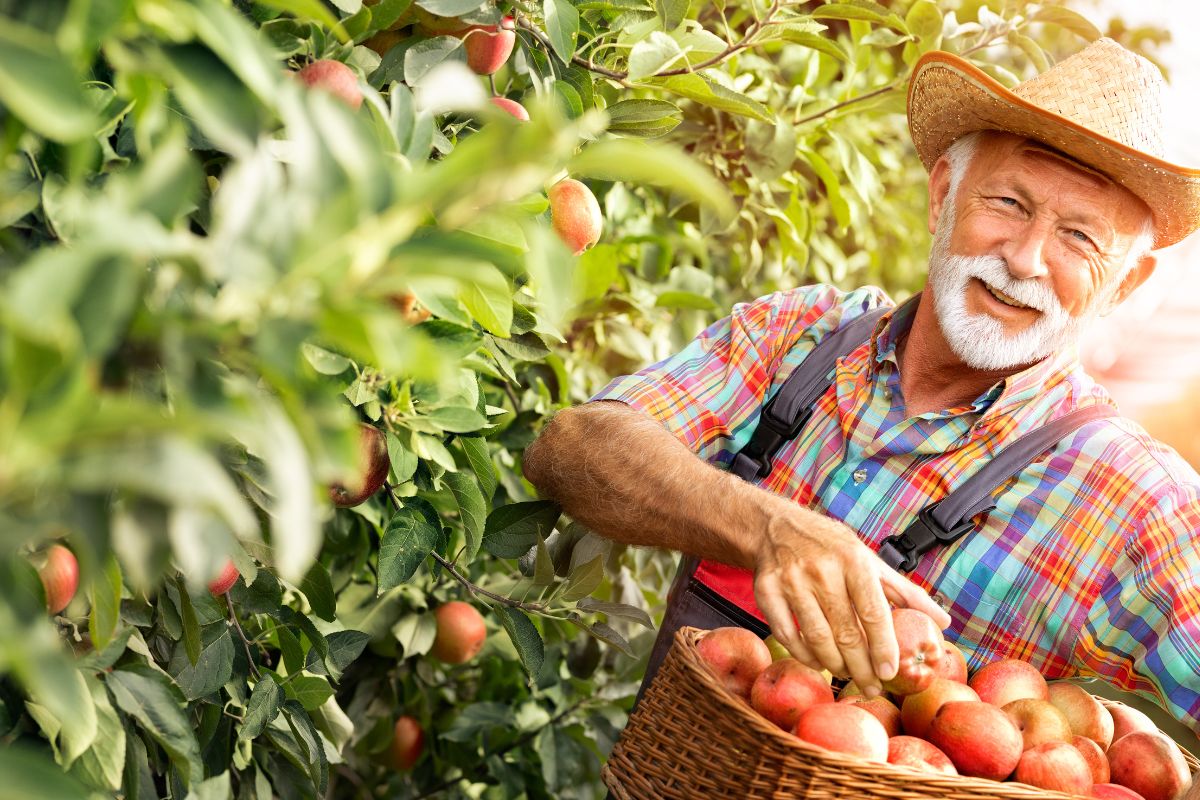As the harvest season comes to a close, growers have been hit by a massive 50 percent loss.
Right after the end of the harvest season, Maine apple growers started filing their crop insurance claims to help cover the losses they experienced during this difficult growing year.
Adjusters from their insurers have been visiting the orchards to verify that the facts are as reported.
The issue leading to the crop insurance claims occurred back in late May when a snap freeze annihilated the apple blossoms on trees that were just starting to bud in central and western Maine. For any trees that managed to hang on to their blossoms, the issue was only compounded as the region also faced hailstorms in both July and August. Apples that had been growing on those trees were badly damaged.

“Normally for storms like that, you’re counting the percentage of your apples that got hit by hailstones,” said Ricker Hill Orchards president Andy Ricker. “This year, we were counting the number of hits per apple.”
Apple growers in the state experienced the worst harvest they’ve seen in more than ten years. To make matters worse, wet weather during the peak season for picking apples kept customers from heading out to the orchards to pick their own or purchase directly from the farmers. As a result, some growers are facing severe challenges to the money they were counting on to get through the winter.
Many were relying on crop insurance payouts to help them to recover losses and make ends meet.
However, several growers are reporting that they are facing a tremendous amount of paperwork on top of a potential alteration to the way the crop insurance policies are structured. This has many of them wondering how much they will be able to rely on their crop insurance coverage to help them to survive the winter and make it into the next growing season.
“This is one of the worst (apple) years for the state of Maine,” said Crop Growers LLP vice president Jeremy Forrett. “I would say we typically have these types of severe (weather) events about once every 10 years.”
This year the state’s yield was around 50 percent of historic averages, according to University of Maine professor of pomology Renae Morin. The reason that still low figure is as high as it is, is that many growers sent their hail-damaged apples to the cider press to generate some income. Though this did bring in some cash, it is a far less profitable way of selling apples.


